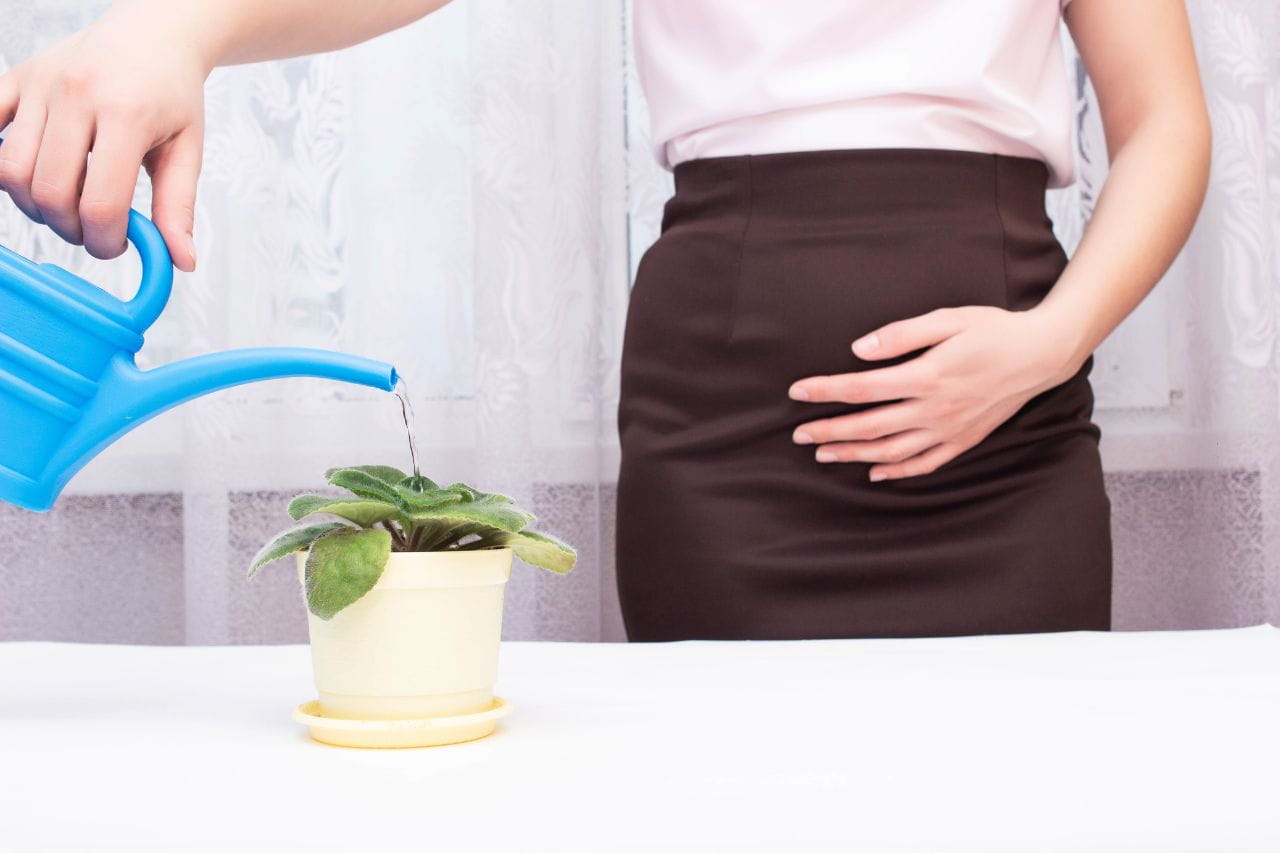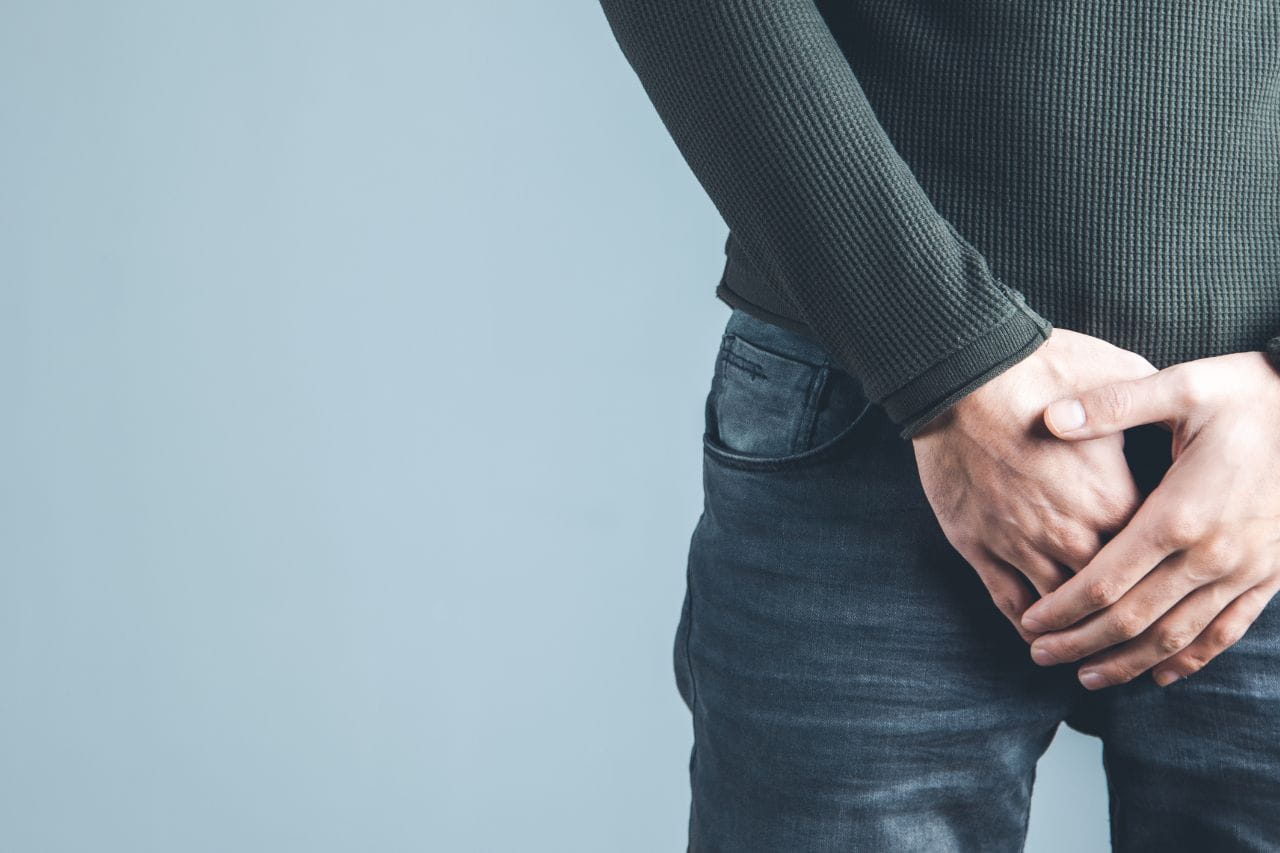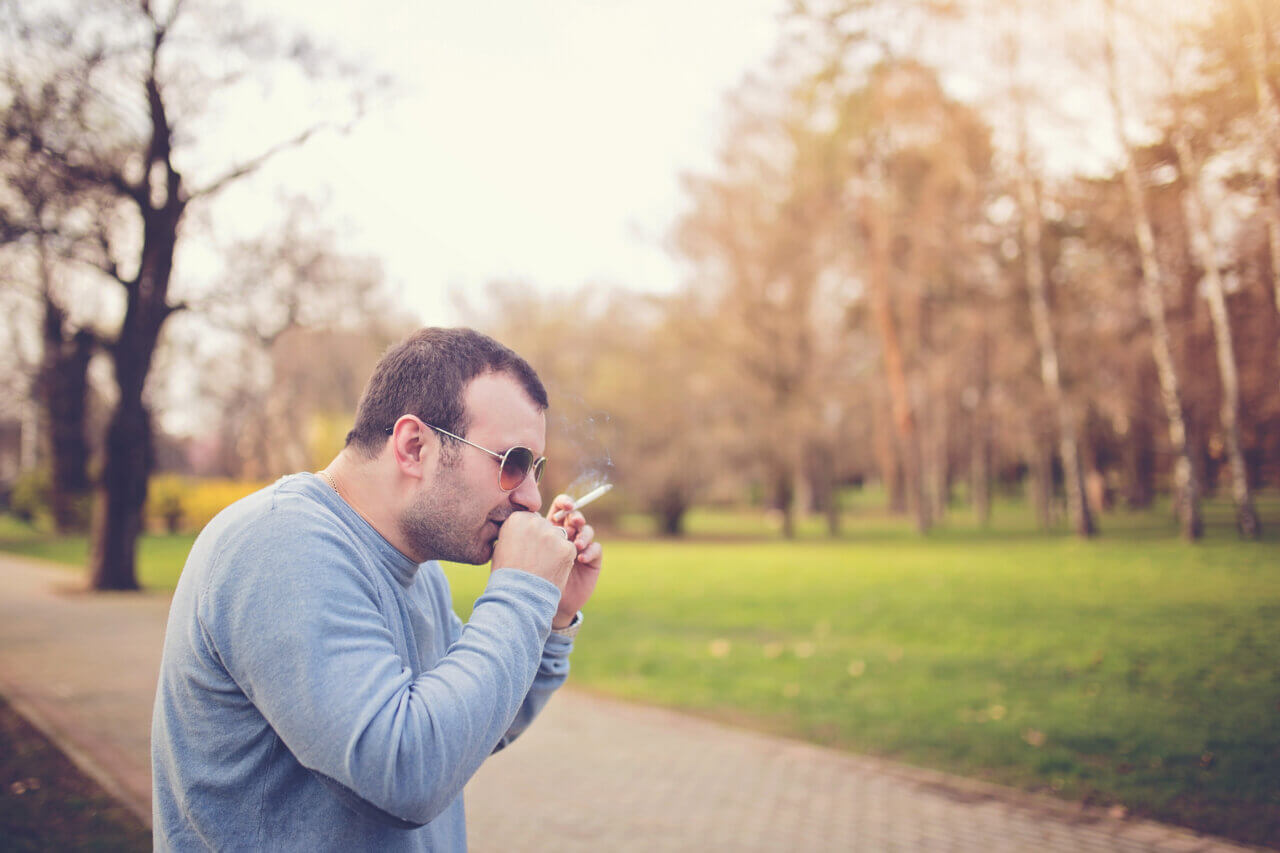How Can I Manage Urinary Incontinence?

If you’re experiencing urinary incontinence, you’re not alone. Urinary incontinence affects millions of men and women of all ages, but there are ways to lessen its frequency and better manage the condition. It’s estimated that 2-3% of teenagers deal with urinary incontinence and that nearly 25% of women experience it for at least a year after childbirth. According to the National Institute of Diabetes and Digestive and Kidney Diseases, urinary incontinence also affects 11-34% of older men.
It’s estimated that nearly 25% of women experience it at least a year after childbirth.
10 Tips for Managing Incontinence
Here are some things you can do that can help you manage urinary incontinence and relieve its symptoms:
- Do daily pelvic floor exercises. These exercises strengthen the pelvic floor, which are the muscles that surround the bladder, vagina or penis, and back passage. You can feel the pelvic floor muscles when you try to stop the flow of your urine. To strengthen them, sit comfortably and squeeze the muscles 10-15 times in a row. Then, after you’re used to doing them, try holding each squeeze for a couple of seconds. You should start seeing results a few months after starting pelvic floor exercises.
- Stop smoking. Smokers cough and coughing puts strain on your pelvic floor muscles, which puts you at risk for incontinence.
- Avoid high-impact exercises. High-impact exercises like running, aerobics, and sit-ups put pressure on your pelvic floor muscles and can cause leaks. Instead, try exercises like pilates or yoga, which strengthen your core muscles without impact.
- Avoid lifting. Lifting stresses your pelvic floor muscles, so try to avoid it. When lifting is unavoidable, tighten your pelvic floor muscles before and during the lift.
- Lose excess weight. Excess weight puts more pressure on your pelvic floor muscles, so the more you lose, the better. After losing weight, your symptoms may improve or go away completely.
- Treat constipation immediately. Straining during bowel movements weakens your pelvic floor muscles and makes urinary incontinence worse.
- Limit caffeine. Caffeine irritates the bladder and can make urinary incontinence worse. Coffee has a lot of caffeine, so switch to decaffeinated coffee or herbal teas.
- Limit alcohol. Alcohol is a diuretic, which makes you urinate more frequently. By cutting back, you can help incontinence symptoms.
- Drink more water. Try to have six to eight glasses of water a day, but no more unless your doctor recommends it. Some people dealing with urinary incontinence avoid drinking water, which reduces the bladder’s capacity and makes incontinence symptoms worse. Not drinking enough water can also cause constipation, which can cause urinary incontinence.
- Eat the right foods. Spicy and acidic foods, such as curries and citrus fruits, can irritate the bladder, making urinary incontinence symptoms worse.
Learn More About Urinary Incontinence
If you’re dealing with urinary incontinence, it’s important to do everything you can to lessen the symptoms, which can prevent you from enjoying life to its fullest. Talk with your doctor. Visit Baptist Health to learn more about the symptoms, diagnosis, and treatment of urinary incontinence.



